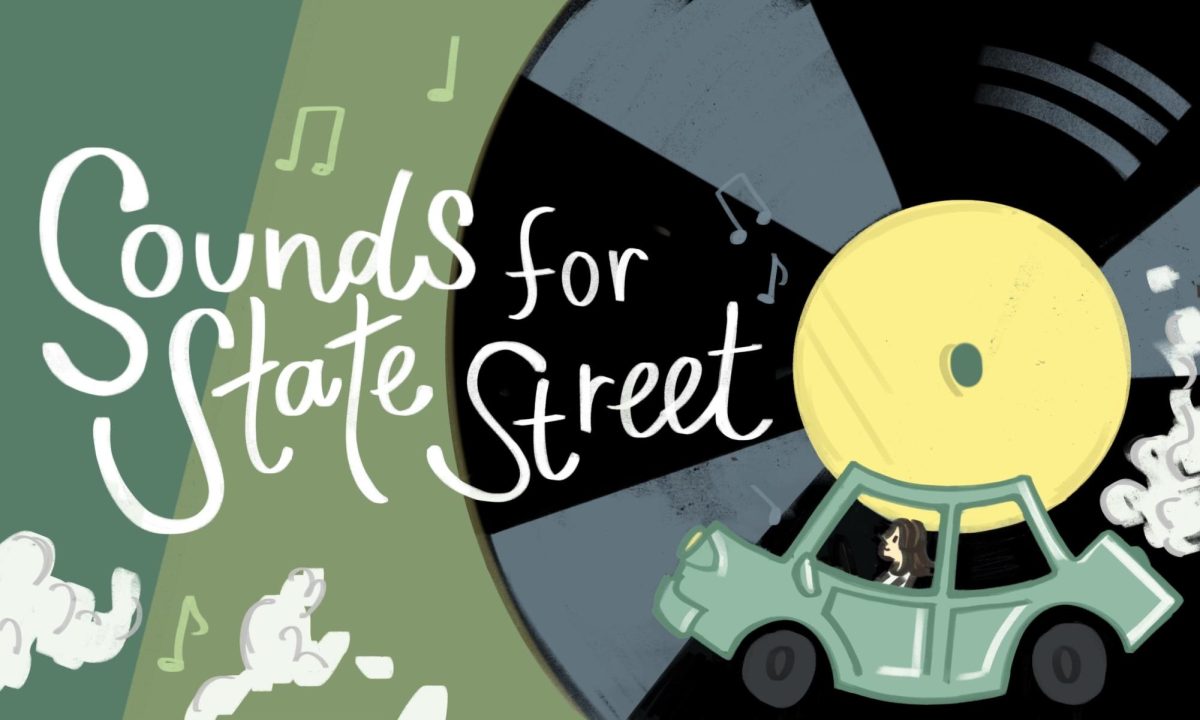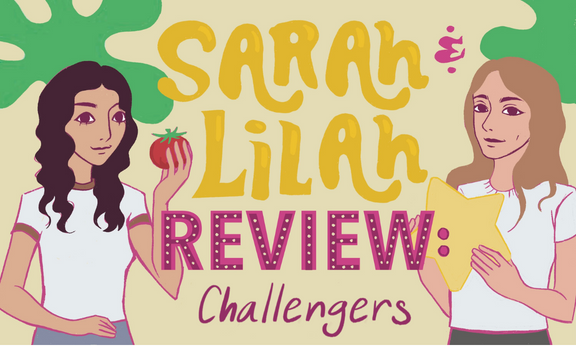I remember my first day at Westridge. It was Convocation, and I wore the requisite polo and annoyingly thick white skirt. After having already spent two years at another college-prep, all-girls school (we’ll call it Hillshire), beyond the school colors—as far as I was concerned—there was little to distinguish the two schools. I looked in the mirror that morning and thought, “This is going to be the exact same experience as Hillshire.”
I’d already made my peace with that fact when I decided Hillshire wasn’t worth the hour-long bus ride anymore. Westridge seemed like another version of an all-girls school, albeit closer to my home, complete with stuffy polos and big, heavy skirts designed to get me into Harvard.
Now, after my freshman year, I can see I was wrong. My first indication was Biology class when classmates shared their Quizlets for test prep. At Hillshire, most of my classmates hoarded their study materials like gold. The stress was palpable at Hillshire where the goal was to be the best student possible. That meant you had to be better than everyone else. Everyone was racing for the top, and if someone else fell—oh well, less competition.

At Westridge, when a football quite literally hit me in the face during a flag football game, no one secretly celebrated my mistake or side-eyed each other. Instead, my teammates laughed, checked that I was okay, and told me what I could improve on next time.
Of course Westridge students are also trying to be the best. In Biology class, my fellow freshmen are all trying to get perfect scores. However, being the best isn’t at the expense of anyone else. One person’s success isn’t mutually exclusive to another’s.
As the year went on, I began to notice more and more differences between the communities at Westridge and Hillshire. Yes, I still had to wear uncomfy skirts. Yes, both schools are trying to prepare me for college. But at Westridge, I saw students doing things just to explore their interests which was completely new to me.
Now, looking back over the year, I can see how and where I have tried new things. You all remember the ball-hitting-my-head-instead-of-my-hands debacle—well, that was my first game. However, at the start of the flag football season, I was not alone. In fact, most of my teammates had also never played flag football before but were equally interested in trying something new and begrudgingly willing to be bad at it.
Because of that, I’m now playing three sports, two of which are completely new to me. Trying new things hasn’t just been on the athletic field. In Spanish class, the teacher has us talk to a mom from the Project Olas organization every week. Slowly but surely, I’ve noticed gradual improvement in my Spanish because I’m not afraid about messing up a conjugation or something similar. Is it Westridge? Is it me? Maybe it’s a little bit of both.
Everyone talks about lifelong learning. For many people, lifelong learning is the career that happens after college, the hallmarks of success. Schools highlight success with career panels and information about grad schools. Although well-meaning, it’s all designed to help us create outstanding resumés not become outstanding people.
To me, lifelong learning is learning for the sake of learning itself. Instead of just taking a class or doing a sport to have a good college application, lifelong learning is pursuing an interest or passion for its own sake and virtue because life continues beyond college after all.
Even though I’m only a freshman, I’m conscious of the fact that in a couple of years I will be boiled down to a GPA and a couple of extracurriculars in the horror story called college admissions. Unless I’m extremely lucky, I know I will get at least one email saying in so many words “we cannot offer you admission…”, which is hard not to read as “you are not good enough for our university.”
I’m not exactly looking forward to the disappointment, but I’m not afraid of it either. At least, not afraid as I would have been a year ago. I’m making enough mistakes in Spanish class, dropping sufficient flag footballs, and doing or saying the wrong thing enough to realize that college admission, competitive as it is, is just a transition into one phase of my life, not the sum total of it. Regardless of where I end up, I will still have the skills, values, and resilience to grow and learn.




























![Dr. Zanita Kelly, Director of Lower and Middle School, pictured above, and the rest of Westridge Administration were instrumental to providing Westridge faculty and staff the support they needed after the Eaton fire. "[Teachers] are part of the community," said Dr. Kelly. "Just like our families and students."](https://westridgespyglass.org/wp-content/uploads/2025/03/dr.-kellyyy-1-e1748143600809.png)

































